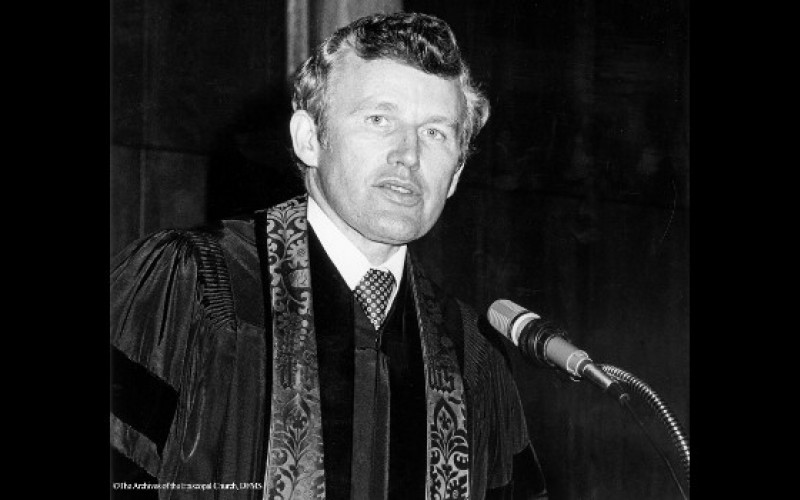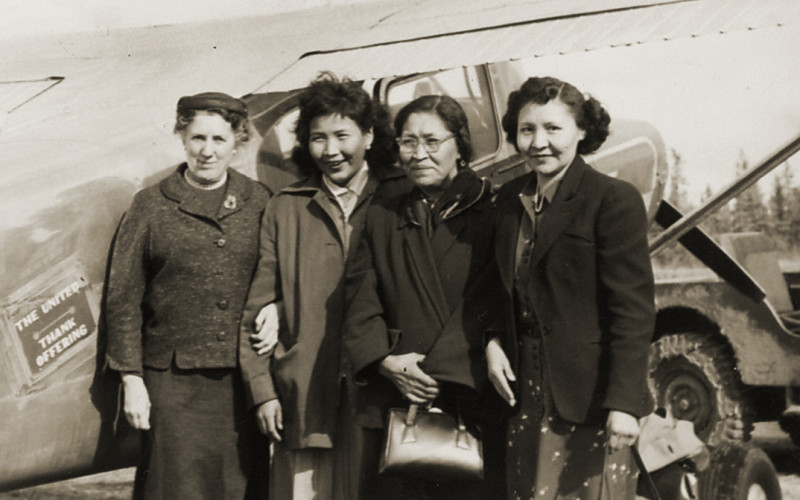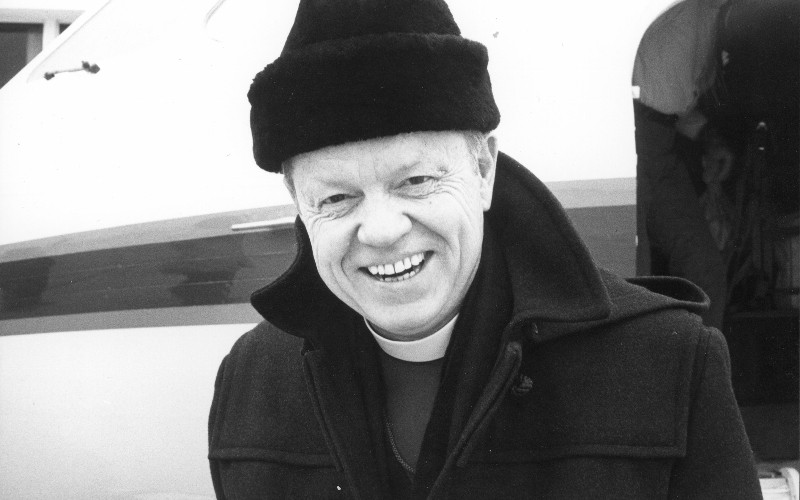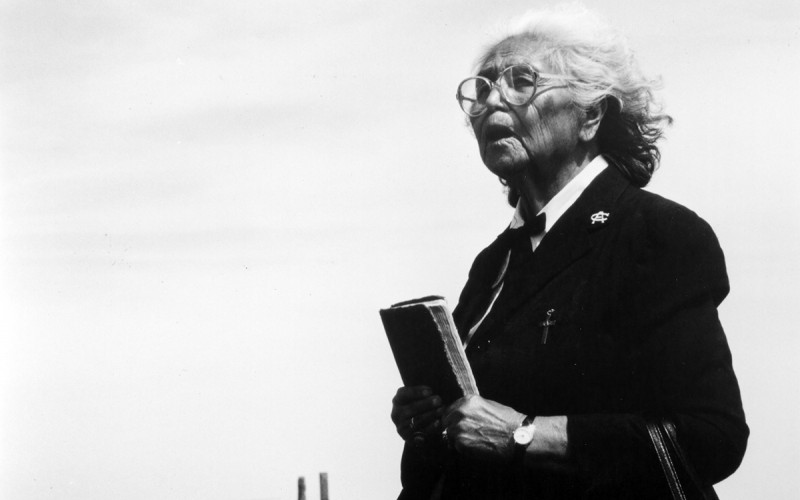The Archives marks the opening of the personal Papers of John Rowan Claypool, IV (1930-2005) with an exhibit highlighting his influential career as a preacher, author, teacher, and spiritual counselor. His experience with personal tragedy and the struggle to find healing and hope inspired a confessional witness in his preaching that was both compassionate and influential. Claypool’s writings continue to speak to modern themes of redemption, personal Christian witness, and the transformative gift of life.
For over two centuries, Episcopal women have been called by their faith to feed the hungry, shelter the homeless, heal the sick, and care for the vulnerable. Though women were barred from formal governing roles until the late 20th century, they nonetheless devoted their time and effort to the mission of the church, becoming a vocal and visible representation of their faith, serving as volunteers, missionaries, deaconesses, lay ministers, priests, and bishops around the world.
The online exhibit, The Church Awakens, arose from the combination of an institutional reevaluation of the impact of racism, the motivation of a generous donor, the Rev. John Morris, and the Archives commitment to uncovering the archival legacy of the Church’s African American faithful. The Archives challenges the Church to engage its history and reject the root cause of racism in the act of forgetting.
John Maury Allin served as the 23rd Presiding Bishop of The Episcopal Church. His election to that office was the culmination of a vocation in which he served as a parish priest, bishop in Mississippi, and as an educational and spiritual advisor. This exhibit reflects the numerous connections and relationships he developed in the belief that ministerial leadership requires a personal commitment to the lives of those served.
The Archives is the repository for a number of collections relating to the Church's mission and ministry among indigenous people in the western United States. These materials include evidence of the 19th century evangelism and educational work of the Board of Missions and the National Committee on Indian work. The Archives holds oral histories from the Niobrara Convocation, as well as publications, personal papers and photographs.





